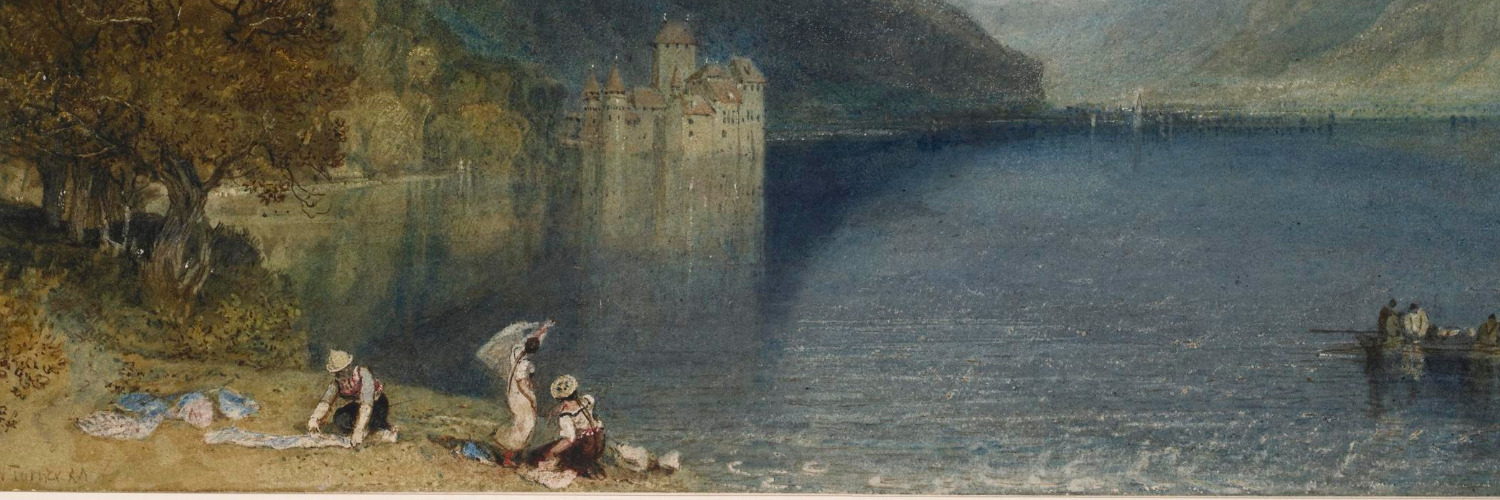RE: Let’s conclude by thinking about where you see the field going. Where do you see the most promising work in the field of women writers? One thing that struck me was just how important the work in critical theory was during the 1990s when I was at UCLA with you. Romanticism and Gender comes out of Anglo-American and French feminism, but also deconstruction and post-structuralism. Do you think we have a period like that now? Do you see one coming? Where is the promising work?
AM: I don’t know. I’ve been a little frustrated actually. I had thought by now there would be more systematic work on the women writers, the single-author, really in-depth researched projects ongoing and appearing and not as many have come along. We’ve gotten some good biographies of Hannah More, like Anne Stott’s biography of Hannah More. A lot of work on Mary Robinson because you can market that to a more commercial audience. But there are so many women writers in the period that don’t have this work. We don’t even have a really good single-author book detailing the entire career of Maria Edgeworth. Which is really amazing, if you think about it, since she was right up there with Jane Austen then, and even now widely read but not widely studied. Partly because she has been confined to Irish Studies and read from a particularly negative view.
RE: [She is there in] histories of education . . .
AM: …with her children’s writing. But not the major novels, for the most part. So, I think there is an enormous amount of work still to be done. Joanna Baillie? We don’t have a really good overview of her entire career. There is a biography now but not [enough] critical work. Catherine Burroughs’s book is excellent but it only goes so far. Women playwrights, women poets. We don’t have a really good book yet on Felicia Hemans, I mean an overview book. We have good editions of her poems, of The Siege of Valencia, but not a biography. Charlotte Smith! We still need a really good interpretive study [of her work].

